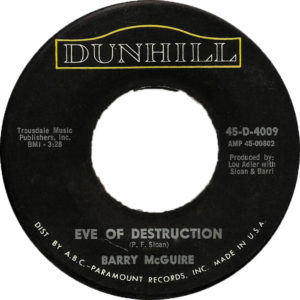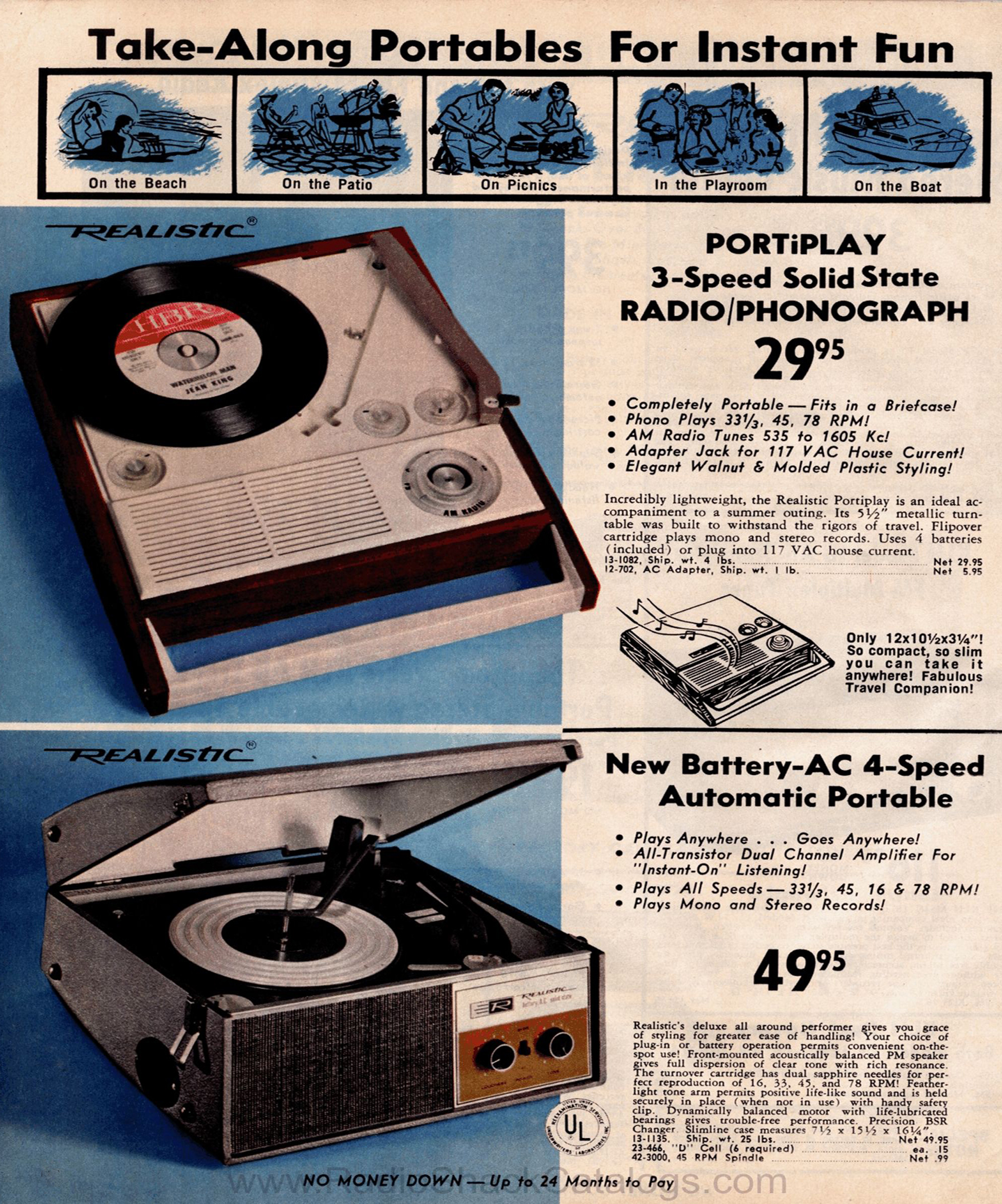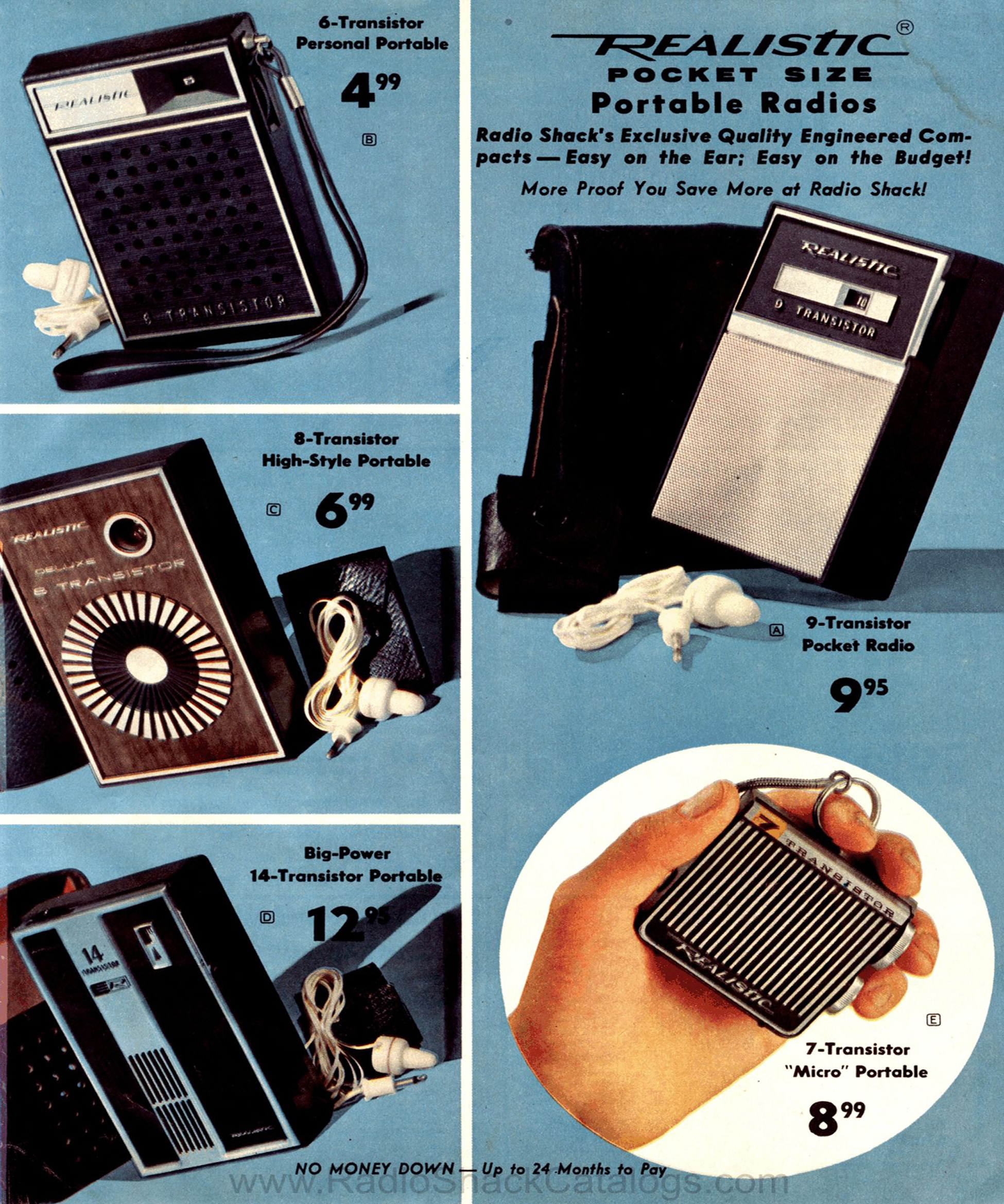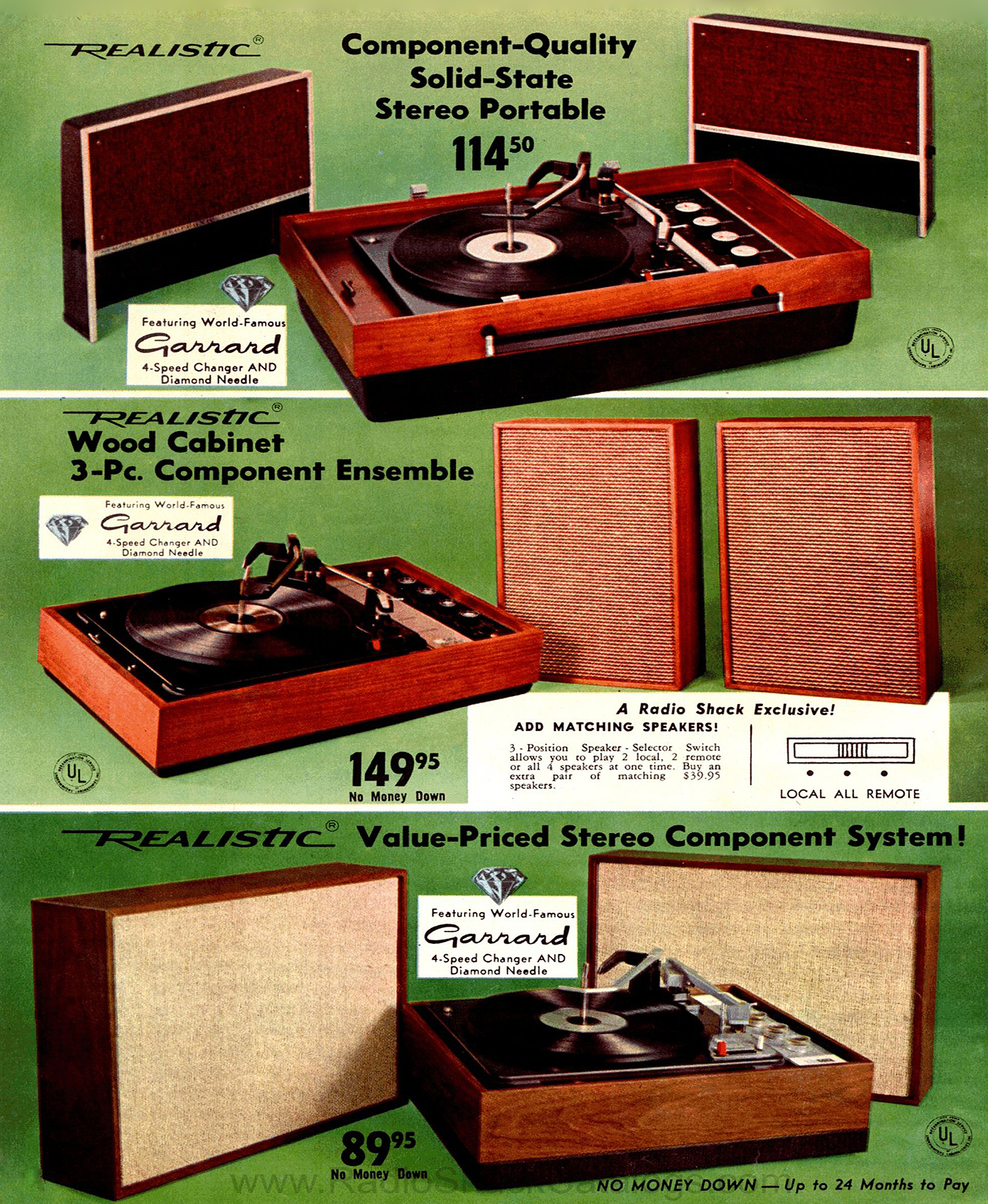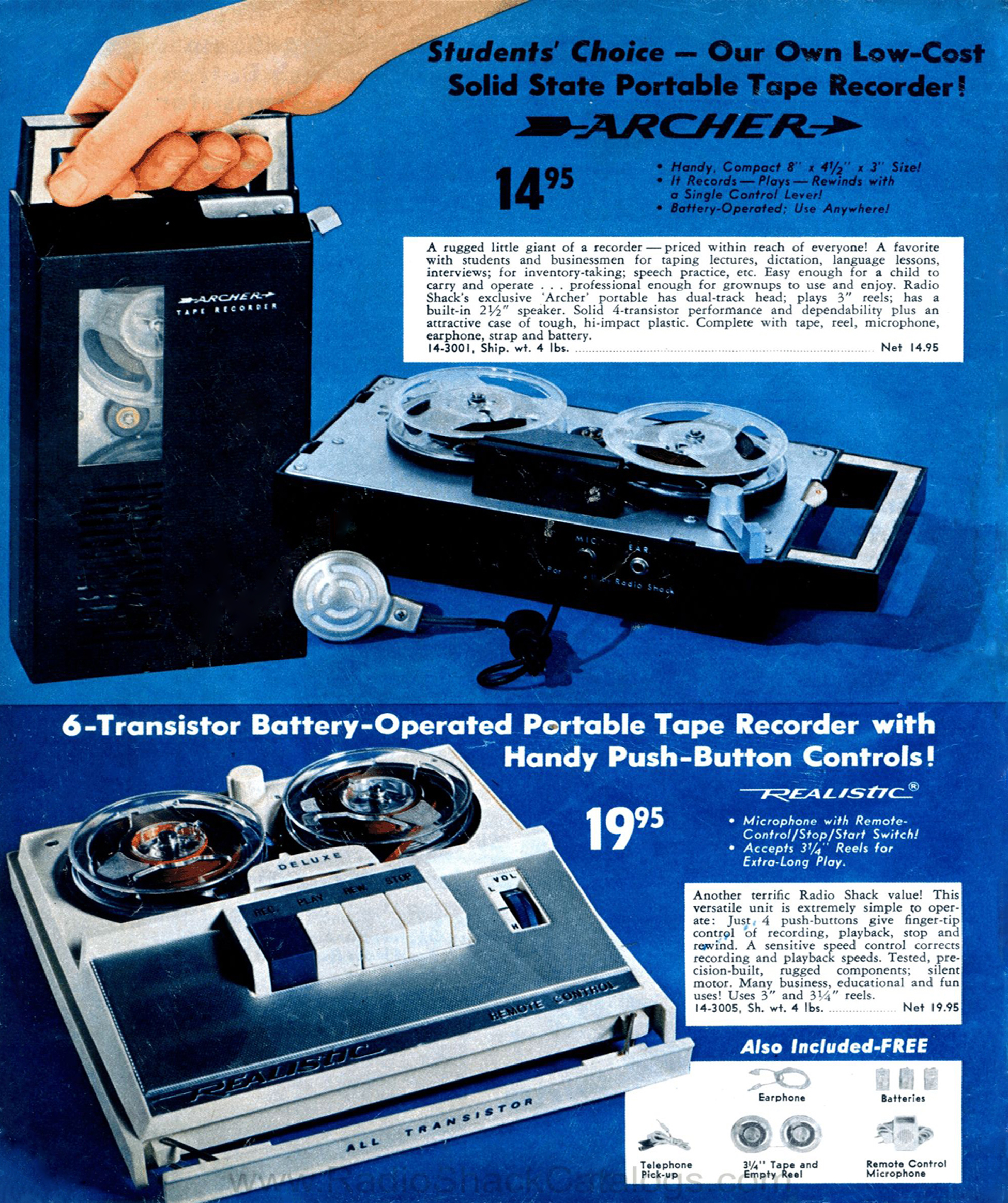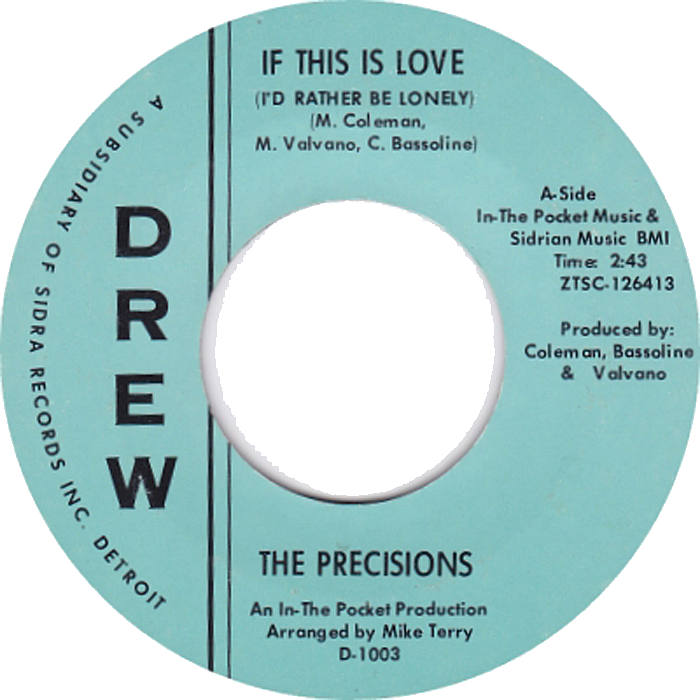 From the MCRFB NEWS archive: 1965
From the MCRFB NEWS archive: 1965
Are We On The Cusp Of ‘Destruction’?
HOLLYWOOD — A record predicting the frenetic plight of society today, written with biting incisiveness by a 19-year old renegade from surfing music, is gaining acceptance over Top 40 music stations despite its “controversial” lyrics.
The writer is P. F. Sloan and his composition is “Eve Of Destruction,” sung by Barry McGuire on Dunhill Records.
Close to 200,000 copies were sold as of last week. The disk was released on July 26.
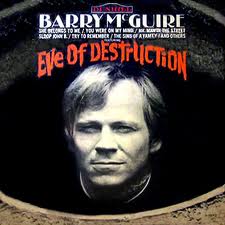
What is so remarkable about the single is it’s acceptance by radio stations. During the past two years three other singles of a controversial or social nature were refused by radio stations. These disks, labeled unacceptable or controversial by American broadcasters were “In The Summer Of His Years,” a tribute by Millicent Martin to the late-President Kennedy on ABC-Paramount, which was covered by Kate Smith on RCA, Connie Francis on MGM, Mahalia Jackson on Columbia and Tony Arden on Decca; “Now,” a plea for first-class citizenship for Negroes sung by Lena Horne and released on 20th Century Fox and “Ballad Of Ira Hayes,” depicting injustices to American Indians, sung by Johnny Cash on Columbia.
Dunhill Productions executive Lou Adler, in attempting to explain why “Destruction” has jumped on format station playlists, claims the song is not a protest at all. The writer is simply relating conditions in the world today, he says. “Sloan is not a hippie or pacifist,” Adler says. “He’s just a youngster who speaks in a contemporary language.”
Adler feels many of radio’s young disk jockeys have beliefs which coincide with those of Sloan’s. Adler points to a broadening of attitudes by broadcasters which allows them to now accept a song whose lyrics (published by Trousdale Music) makes mention of “senators (who) don’t pass legislation . . . . marches alone can’t bring legislation . . . . when human respect is disintegratin’ . . . . think of all the hate there is in Red China . . . . then take a look around down Selma, Alabama.“
A rekindling of interest in folk music, including the current folk-rock trend (see Billboard; June 12) has created an aura in which disk jockeys are aware of changing times, Adler says.
One additionally vital reason for the acceptance of the single, according to Adler, is the rock-like background behind Barry McGuire, a former lead with the New Christy Minstrels.

This contemporary guitar-harmonica sound allows disk jockeys to quickly identify the disk as a commercial product. In the case of the other three “message” records, the arrangements (were regarded) uncommercial. There were scattered stations which played them, but nothing like the exposure “Destruction” has received here from KRLA, KFWB, KHJ and KBLA.
Despite the probing of domestic tinderbox situations like the struggle for human rights, the single is being played in all parts of the country, the label says. Among the first markets providing exposure were Boston, Cleveland, Los Angeles, San Francisco, Baltimore and Washington. It was reported in some areas disk jockeys and program directors went to station managers and owners in obtaining clearance to play the record.
When Lena Horne’s “Now” protest single was released, several program directors told Billboard in Los Angeles they were in the entertainment business and were not concerned with airing records with political overtones. When the Millicent Martin tribute to the slain president was recorded from its original “This Was The Week That Was” British TV show, broadcasters claimed the single was in poor taste. Some said they did not think it was proper for anyone to make money from the tragedy.
John Barrett, general-manager of rating leader KRLA, told Billboard that the arts have always been associated with political thought and that for radio to negate this was foolish. KRLA was playing “Destruction” because it suddenly appeared on its local survey, Barrett says. If public demand warrants play, the station complies, unless decency rules out exposure, Barrett explained. “It is not our prerogative to censor.” Barrett said the station played a Kennedy tribute single but did not air the “Now” disk since it never showed up on its survey of 30 locations a week.
Barrett added there has been “surprisingly little comment” from listeners about “Eve Of Destruction,” McGuire’s debut for Dunhill. There were more comment from station personnel who were split idealistically over the controversial overtones heard throughout the song. END
___
(Information and news source: Billboard; August 14, 1965)
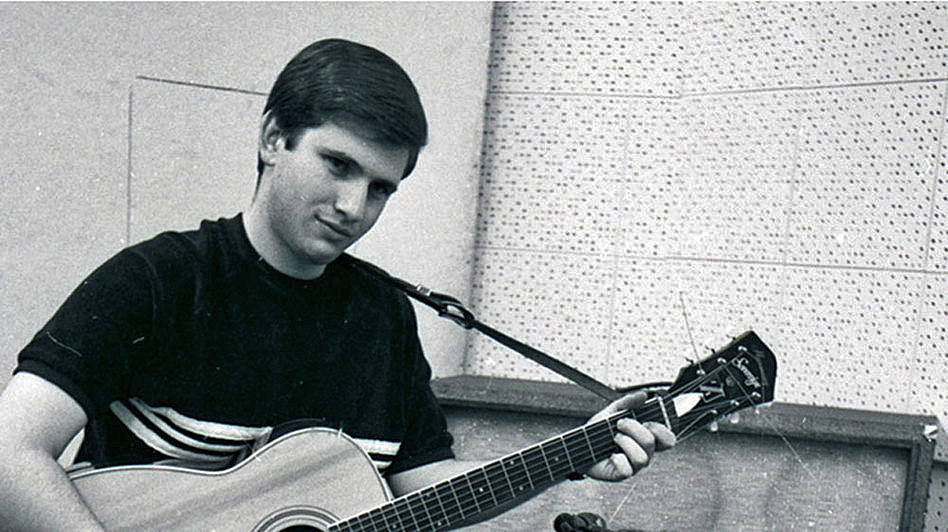
![]()



